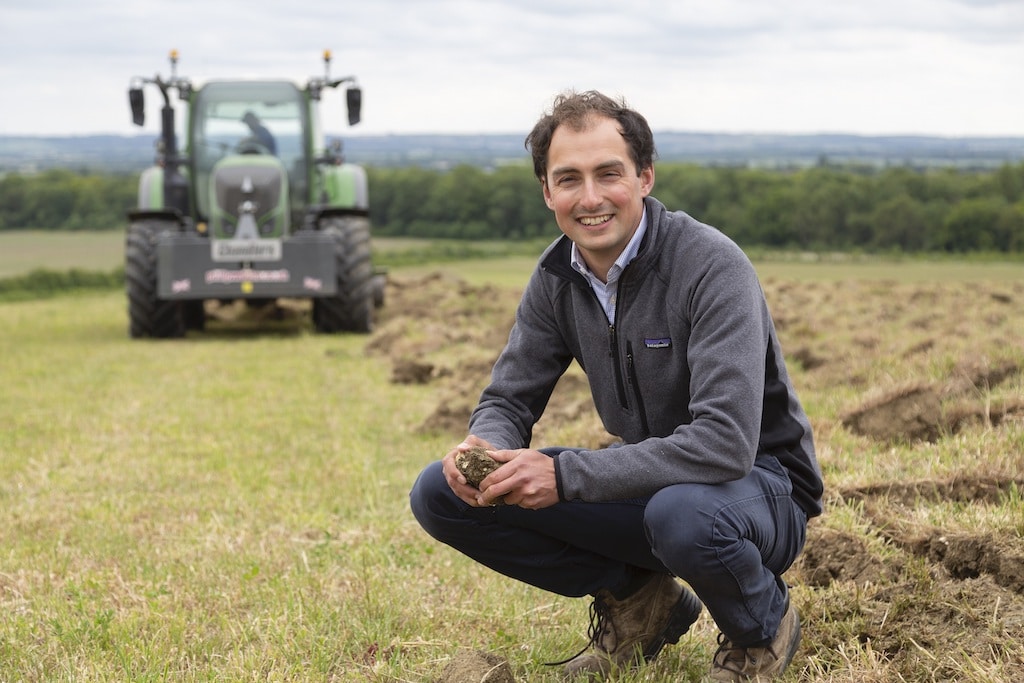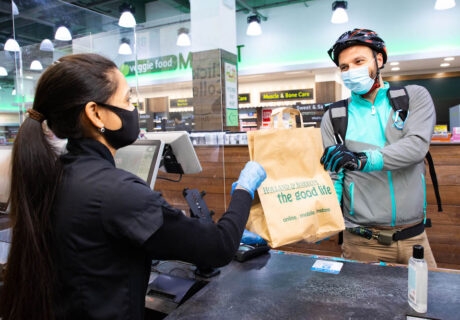As the UK Government steers its proposed ‘public money for public goods’ farming system through parliament, the English Organic Forum (EOF) has expressed concern that organic options are being side-lined by Defra.
The EOF – which represents organic organizations and businesses – says that while the proposed policy has a number of good points, it hasn’t specifically recognized the vital role organic farming plays in delivering public goods or the vital importance of whole farming systems.
EOF references a recent farm health check report from The National Trust which highlights the success of organic farming, using as an example Wimpole Estate Home Farm – the only farm the trust directly manages.
As Wimpole Farm demonstrates, the whole farm system approach is critical and we are deeply concerned that this is being overlooked by Defra
Wimpole is a mixed farming, mainly arable system, integrating cereals with fertility-building clover leys, green manures and livestock. During the 12 years the farm has been organic it has seen benefits including a doubling in numbers of breeding pairs of skylarks and linnets; a 150% increase in hymenoptera (wasps, bees, ants); and a total carbon balance of -2,260 tonnes of CO2 per year.
Commenting on the farm’s success, both environmental and commercial, National Trust director of land and nature Mark Harold, says: “This is a story of hope and optimism – and the Government’s forthcoming ‘environmental land management scheme’ will be crucial to replicating this across the farming industry, as will the new Agriculture Bill in prioritizing Government support for this scheme.”
It’s fantastic to see how nature friendly farming and a profitable farm business, can go hand in hand
“We can see that the trust is supportive of sustainable approaches across all farming practices and the results from the farm at Wimpole clearly shows that organic fits into that very well,” says EOF co-chairman, Christopher Stopes. “And their publication is timely because the whole farm system approach demonstrated so well at Wimpole has not yet been recognized in the government’s proposals.”
Farm manager, Callum Weir, adds: “Our holistic approach to farming at Wimpole is working. We want to farm sustainably at the same time as being a truly viable business. It’s fantastic to see how nature friendly farming and a profitable farm business, can go hand in hand.”
It is farming systems like these which can optimize food production alongside the delivery of public goods, stresses Stopes: “As Wimpole Farm demonstrates, the whole farm system approach is critical and we are deeply concerned that this is being overlooked by Defra.”





